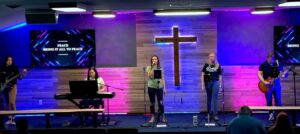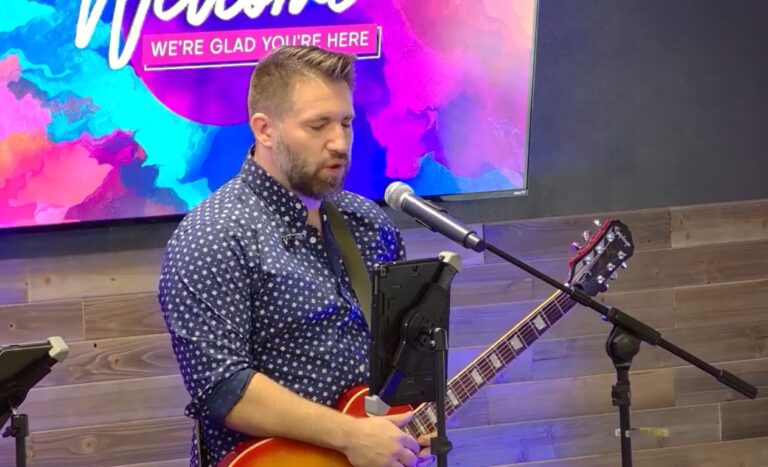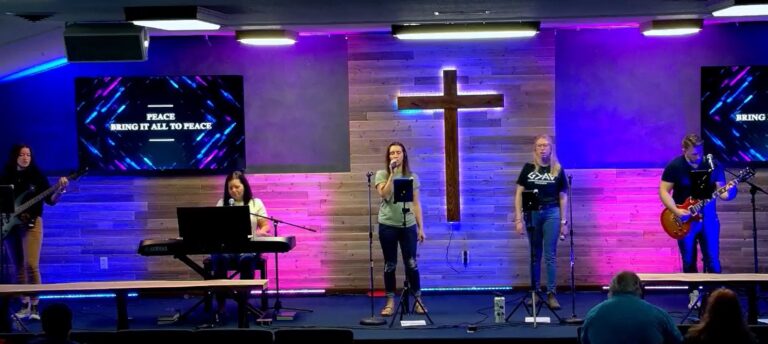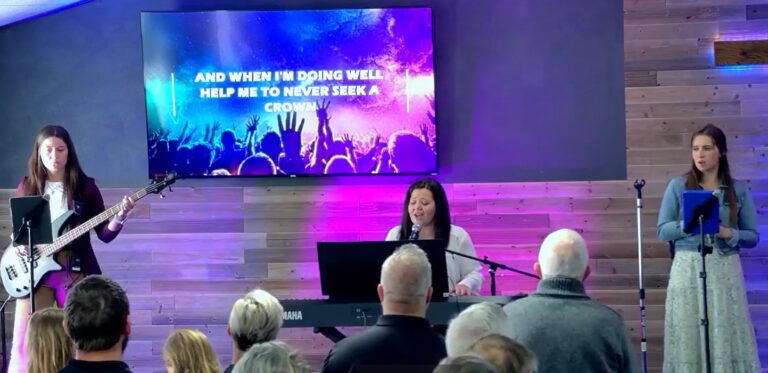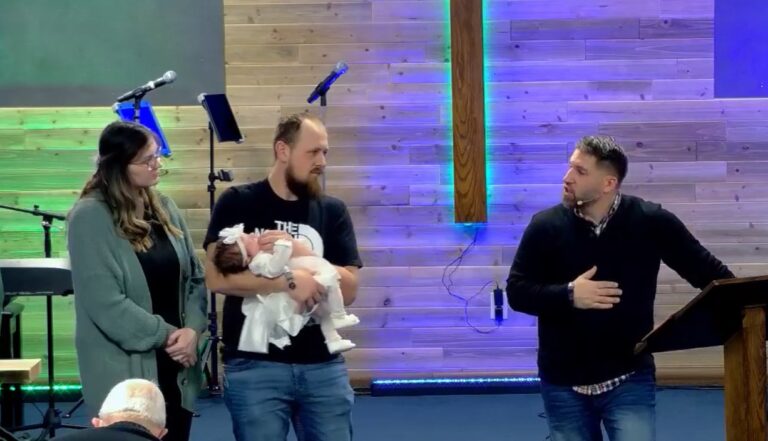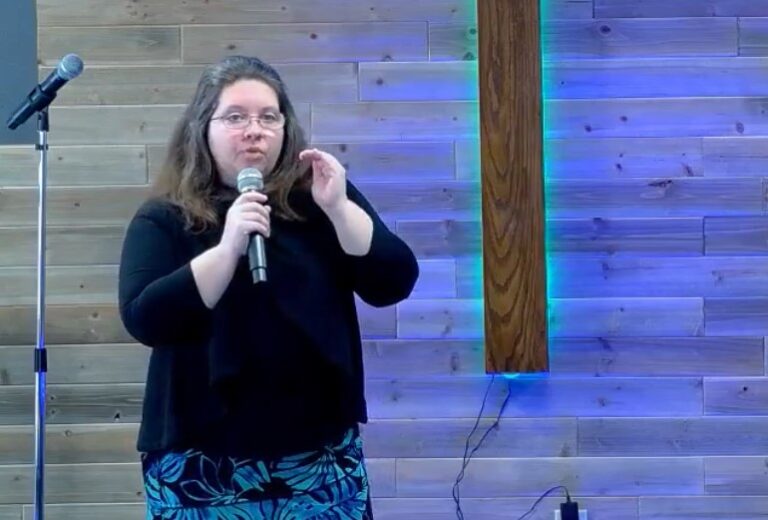Welcome to this week’s online lesson for the Port Ann Wesleyan Youth Group. Catch up on previous sessions by clicking here.
We’ll kick things off with the newest song from Anne Wilson:
Please be praying for Pastor Paul and Sherilyn as they tackle a cross-country expedition over the next couple weeks. Another prayer for traveling mercy … Elena and Blake will be traveling with family to Hawaii starting this coming weekend.
Jim Mulaney continues to go through a new regiment of radiation treatments for his cancer. Please be praying for him and his entire family as they rally around him.
Camp ministry decision are fast approaching. Please be praying for those preparing our camp ministries and for those who have yet to sign up.
—
This week, we will be looking at the book of Jonah … hopefully getting a new take from his story that will help us better live our lives today.
For context, check out this video looking at some of the background of Jonah’s story:
To get the full message of today’s session, it is best to read the full book of Jonah … it is just four chapters long and those chapters are fairly small. To paraphrase for the sake of this online lesson, and pulling from the backstory mentioned in the video above, Jonah is directed by God to deliver a message of repentance to the wildly ungodly city of Ninevah.
Jonah refuses, instead trying to run the other way. Why does he do this? As mentioned in the video above, the people of Ninevah were extremely ungodly. Considering their historical behaviors, and Jonah’s response to God at the end of this book, it is apparent Jonah doesn’t feel these people deserve God’s grace.
He jumps on a boat, but is stopped via a massive storm that ultimately gets him thrown overboard and he is swallowed by a big fish.
Inside the fish, as you can read in chapter 2, Jonah prays out to God. He never really apologizes for his sinful betrayal of God’s command to him, but promises to follow God and do His will. We get a sense of how dire Jonah’s situation was before God’s rescue via a big fish in Jonah’s prayer (from Jonah 2:5:6 (NIV)):
The engulfing waters threatened me,
the deep surrounded me;
seaweed was wrapped around my head.
To the roots of the mountains I sank down;
the earth beneath barred me in forever.
But you, Lord my God,
brought my life up from the pit.
After Jonah’s prayer, God takes mercy on him and the big fish spits him out. Again, God instructs Jonah to go to Ninevah and warn these people of impending doom if they don’t change their ways. Jonah follows through, but many wonder what his heart truly is based on the very short, not-so-passionate message warning he provides the people of Ninevah. As shared in Jonah 3:4 (NIV):
“Forty more days and Nineveh will be overthrown.”
We don’t know if Jonah shares more than this … the short line is all the Bible tells us he says to them. However, regardless, it has a profound effect as the people of Ninevah respond with a massive revival, fasting, prayer and pleading for God’s mercy. When God grants his grace to them, Jonah’s response in chapter 4 is bitter. He calls out God for showing them His grace, despite the fact that God did the same to Jonah just a few verses before.
There is a lot to delve into with this story, but today, let’s focus on Jonah’s hatred toward these people of Ninevah, who by all accounts were despicable enough to deserve Jonah’s distrust and dislike.
We all have people we butt heads with, who we dislike or disagree with, who may have hurt us so much, that there doesn’t look like there is any real chance of relationship resolution.
However, God demonstrates via this story that He has the power to spark change in the lives of anyone, and He may be using you as the tool to do so. There is a certain humbleness that is implied in the idea of being a Christian. The opposite of humbleness is pride and a certain amount of arrogance that Jonah blindly shows in this story despite receiving God’s grace when he was in his own situation of despair.
This concept is a large reason behind God’s instruction not to hold grudges, not to judge others. There are numerous warnings about this behavior scattered throughout the New Testament. One that offers a good visual object lesson, from Matthew 7:3 (NIV):
“Why do you look at the speck of sawdust in your brother’s eye and pay no attention to the plank in your own eye?”
Who are the Ninevites in your life? The people who are so incredible sin-soaked that you purposely avoid them at nearly all costs? Are they beyond help? Beyond God’s salvation?
The answer is no … and God may be using you to demonstrate the power of His mercy and grace. Obviously, this needs to be done while mindfully not falling into negativity yourself.
We encourage all of our youth to chat with your parents or other adults you respect about any situations in your lives where you are struggling with this sort of issue.
For more on the Jonah story, here is an overview video of the four chapters:





